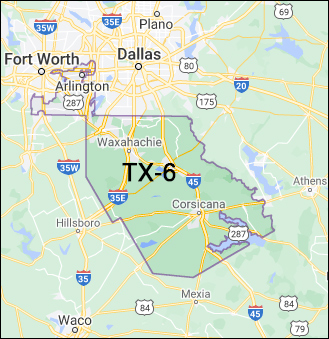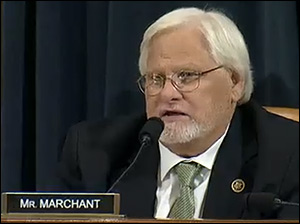By Jim Ellis
June 29, 2021 — Florida Gov. Ron DeSantis (R) has been a hot political property of late, and no less than three political pollsters were in the field during late June to test his popularity in several scenarios.Two of the firms, Echelon Insights and McLaughlin & Associates, tested Gov. DeSantis nationally in anticipation of a possible presidential run in 2024, while the Political Matrix/Listener Group surveyed the more timely Sunshine State 2022 governor’s race.
From the interactive voice response system poll released late last week, Political Matrix/Listener Group, on June 21, surveyed a total of 716 Florida likely voters who have a gubernatorial preference. They found DeSantis faring well against both announced Democratic gubernatorial candidates.
If US representative and former governor, Charlie Crist (D-St. Petersburg), were his 2022 general election Democratic opponent, Gov. DeSantis would hold a 55-45 percent advantage. Opposite state Agriculture Commissioner Nikki Fried (D), Florida’s only Democratic statewide elected office holder, the DeSantis margin would expand to a huge 61-39 percent spread; this, in a state where Republicans consistently perform a few points better than polling numbers typically predict.
The other two survey research firms tested Gov. DeSantis against a large number of commonly viewed ’24 GOP presidential prospects. Echelon Insights (June 18-22; 1,001 registered US voters, online from representative sample of registered voters) finds the governor topping the field of 19 named potential candidates within the 386 Republican primary voters segment with a 21 percent support figure, which is seven points higher than the former vice president, Mike Pence.
Donald Trump, Jr. posted seven percent, one point ahead of ex-UN Ambassador and former South Carolina governor, Nikki Haley, and Sen. Ted Cruz (R-TX) who both followed with six percent apiece. This group of five are the only potential contenders exceeding five percent preference. Former president, Donald Trump, was not included in the Echelon Republican nomination ballot test.
McLaughlin and Associates (June 16-20; 1,000 likely US voters, 444 GOP likely presidential primary voters) tested a two-tiered national GOP primary vote, one with former President Trump and one without.
If Trump does not run in 2024, McLaughlin, like Echelon, finds Gov. DeSantis to be the leading early candidate. In the field sans the ex-president, Gov. DeSantis places first with 24 percent followed by ex-VP Pence who attracts 19 percent, while Donald Trump, Jr. places third with 15 percent. Sen. Cruz (six percent) is the only other potential candidate who tops five percent of the vote.








